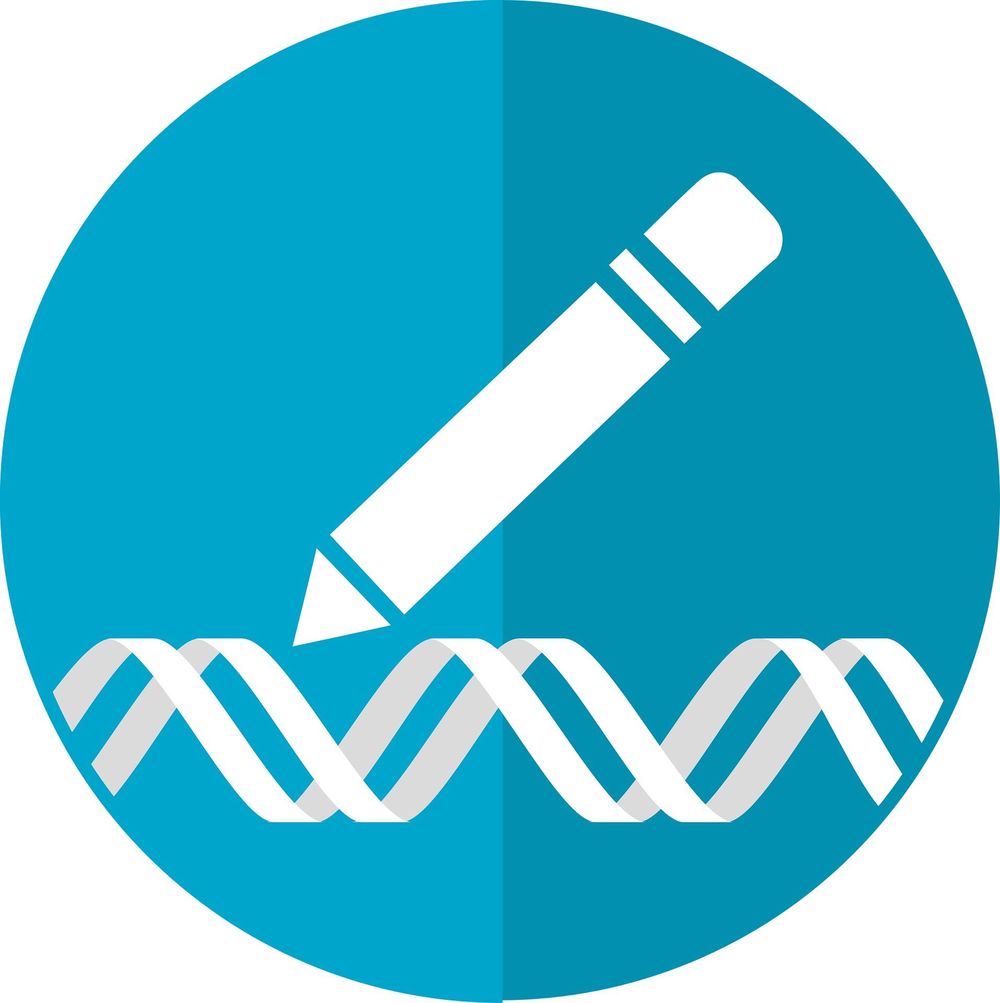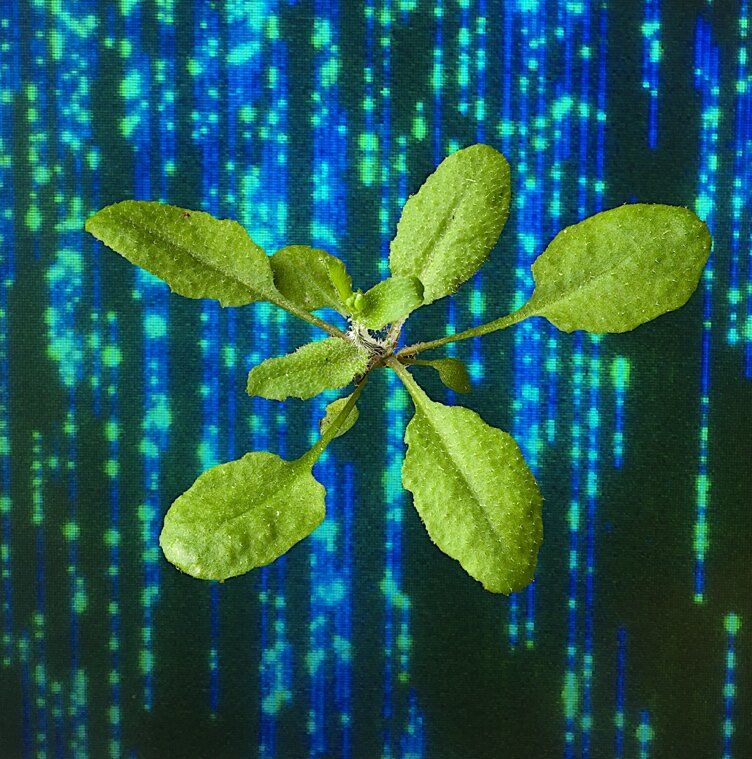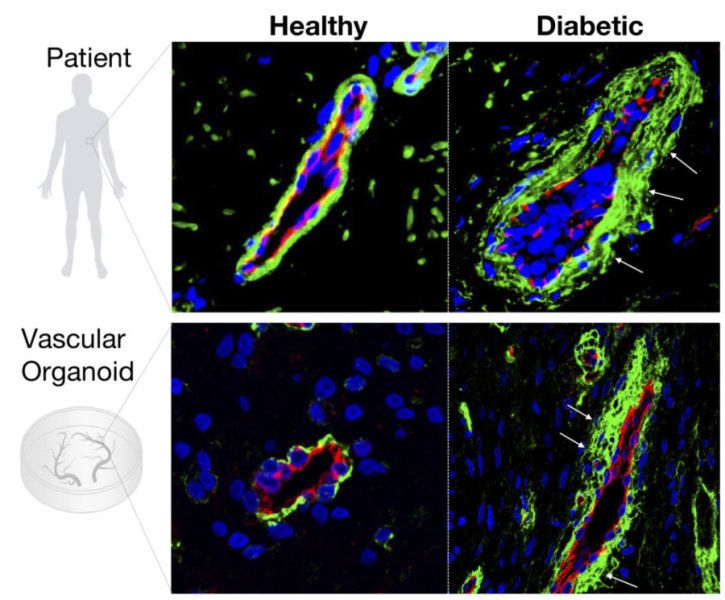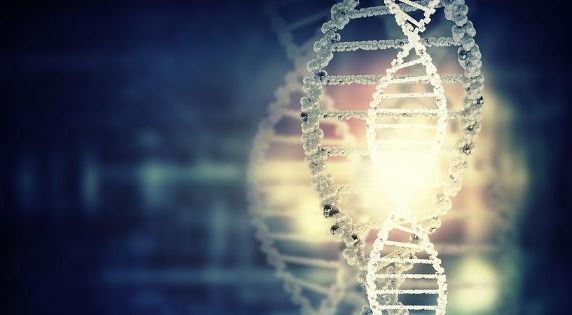Archive for the ‘genetics’ category: Page 400
Jan 19, 2019
New technologies enable better-than-ever details on genetically modified plants
Posted by Genevieve Klien in categories: biotech/medical, genetics
Salk researchers have mapped the genomes and epigenomes of genetically modified plant lines with the highest resolution ever to reveal exactly what happens at a molecular level when a piece of foreign DNA is inserted. Their findings, published in the journal PLOS Genetics on January 15, 2019, elucidate the routine methods used to modify plants, and offer new ways to more effectively minimize potential off-target effects.
Jan 18, 2019
4 Gene-Editing Technologies That Could Replace CRISPR
Posted by Manuel Canovas Lechuga in categories: biotech/medical, engineering, genetics
The future of medicine involves the precise engineering of human cells. Turns out, that future may not include that promising CRISPR technique.
Jan 17, 2019
Hitting the Reset Button on Aging Cells
Posted by Steve Hill in categories: genetics, life extension
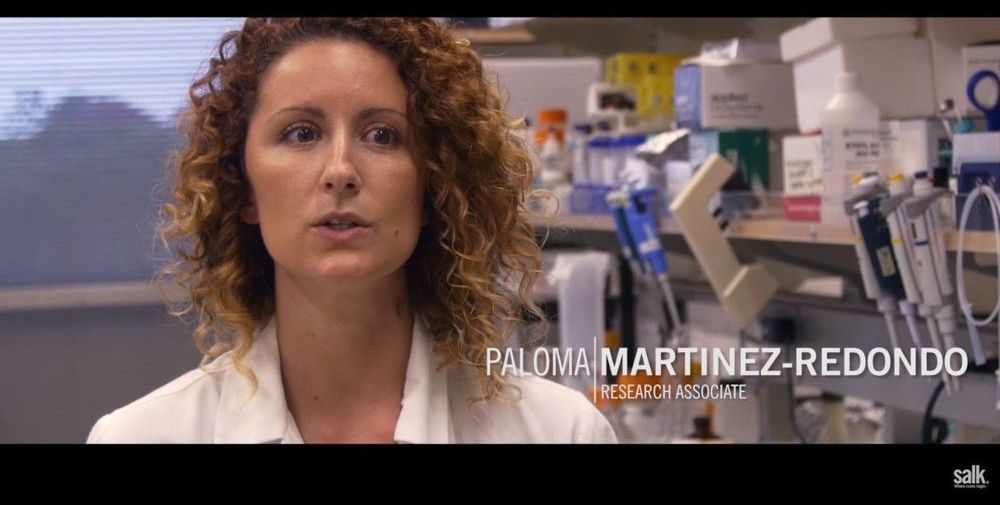
Today, we chronicle the progress of OSKM and discuss how this powerful treatment may be able to reprogram cells back into a youthful state, at least partially reversing the hallmark of epigenetic alterations and other hallmarks as well.
The birth of cellular reprogramming
Continue reading “Hitting the Reset Button on Aging Cells” »
Jan 16, 2019
Scientists grow perfect human blood vessels in a petri dish
Posted by Manuel Canovas Lechuga in categories: bioengineering, biotech/medical, genetics
The breakthrough engineering technology, outlined in a new study published today in Nature, dramatically advances research of vascular diseases like diabetes, identifying a key pathway to potentially prevent changes to blood vessels — a major cause of death and morbidity among those with diabetes.
An organoid is a three-dimensional structure grown from stem cells that mimics an organ and can be used to study aspects of that organ in a petri dish.
“Being able to build human blood vessels as organoids from stem cells is a game changer,” said the study’s senior author Josef Penninger, the Canada 150 Research Chair in Functional Genetics, director of the Life Sciences Institute at UBC and founding director of the Institute for Molecular Biotechnology of the Austrian Academy of Sciences (IMBA).
Jan 15, 2019
Epigenetic Memories are Passed Down 14 Successive Generations, Game-Changing Research Reveals
Posted by Victoria Generao in categories: biotech/medical, genetics, nanotechnology
The past of our ancestors lives on through us: Groundbreaking research illustrates how parental experience is not only epigenetically imprinted onto offspring, but onto an unprecedented number of future generations. Rather than occurring over the elongated time scale of millions of years, genetic change can transpire in real biological time through nanoparticles known as exosomes…
Until recently, it was believed that our genes dictate our destiny. That we are slated for the diseases that will ultimately beset us based upon the pre-wired indecipherable code written in stone in our genetic material. The burgeoning field of epigenetics, however, is overturning these tenets, and ushering in a school of thought where nurture, not nature, is seen to be the predominant influence when it comes to genetic expression and our freedom from or affliction by chronic disease.
Epigenetics: the demise of biological determinism.
Jan 14, 2019
This year we will start discovering more new biological molecules
Posted by Klaus Baldauf in categories: biological, genetics, neuroscience
2019 will be the year in which we discover molecules and properties that are as yet unknown to humans. The breadth of biology and the enormous flexibility of genetic material will provide us with an ideal platform to explore an effectively unlimited number of molecules for novel materials and solutions. We will ultimately leave behind hydrocarbons and truly enter the biological age.
Joshua Hoffman is cofounder and CEO of Zymergen
– Meet the companies fixing depression by stimulating neurons.
Jan 14, 2019
Transhumanist science will free women from their biological clocks
Posted by Zoltan Istvan in categories: biological, genetics, geopolitics, health, science, transhumanism
I’m excited to share my new article from Quartz on how science will make it safer and easier for a 50-year-old woman to have a child in 2028 than a 25-year-old woman today. #IVG and #DelayedFertilityAdvantage are game changers.
Women’s biological clocks drive human conception—and, in turn, human history.
Biology’s inflexible window of female fertility is generally agreed to be between the ages 18 and 35. Any older, and the risk of miscarrying, not getting pregnant at all, or bearing unhealthy children skyrockets. When the average lifespan for a woman in the Western world now hovers at around 80 years old, this means that less than 25% of her life can be spent easily (and safely) procreating.
Continue reading “Transhumanist science will free women from their biological clocks” »
Jan 13, 2019
Fujifilm plans $20M U.S. facility for burgeoning interest in stem cell treatments
Posted by Genevieve Klien in categories: bioengineering, biotech/medical, genetics
A host of companies are developing regenerative treatments that lean on stem cells. Seeing an opportunity, Japan’s Fujifilm will build a U.S. stem cell manufacturing facility not only for its own efforts but also as a CDMO.
The company said today that its Fujifilm Cellular Dynamics Inc. (FDCI) subsidiary will invest about $21 million to build a facility in Madison, Wisconsin, to “industrialize” induced pluripotent stem cell technologies for its pipeline of regenerative drugs and to manufacture iPS cells for others. It expects the facility to be ready by March 2020.
“To meet the growing demand for FCDI’s iPS cell platform, the state-of-the-art production facility will have a flexible cell culturing design to serve production requirements of both industrial quantities of cells, and small, diverse batches,” Seimi Satake, FCDI CEO, said in a statement. “By combining Fujifilm’s experience gleaned from the intricate process of manufacturing photographic film along with FCDI’s knowledge of cell reprogramming, genetic engineering and cell differentiation, the facility is poised to address the complex manufacturing processes of cell therapies.”
Jan 12, 2019
Genetic Variant May Predetermine Cognitive Decline in Parkinson’s
Posted by Genevieve Klien in categories: biotech/medical, genetics, neuroscience
Some Parkinson’s disease patients with a specific genetic variant have widespread reduction of gray matter in dementia-related brain regions.
